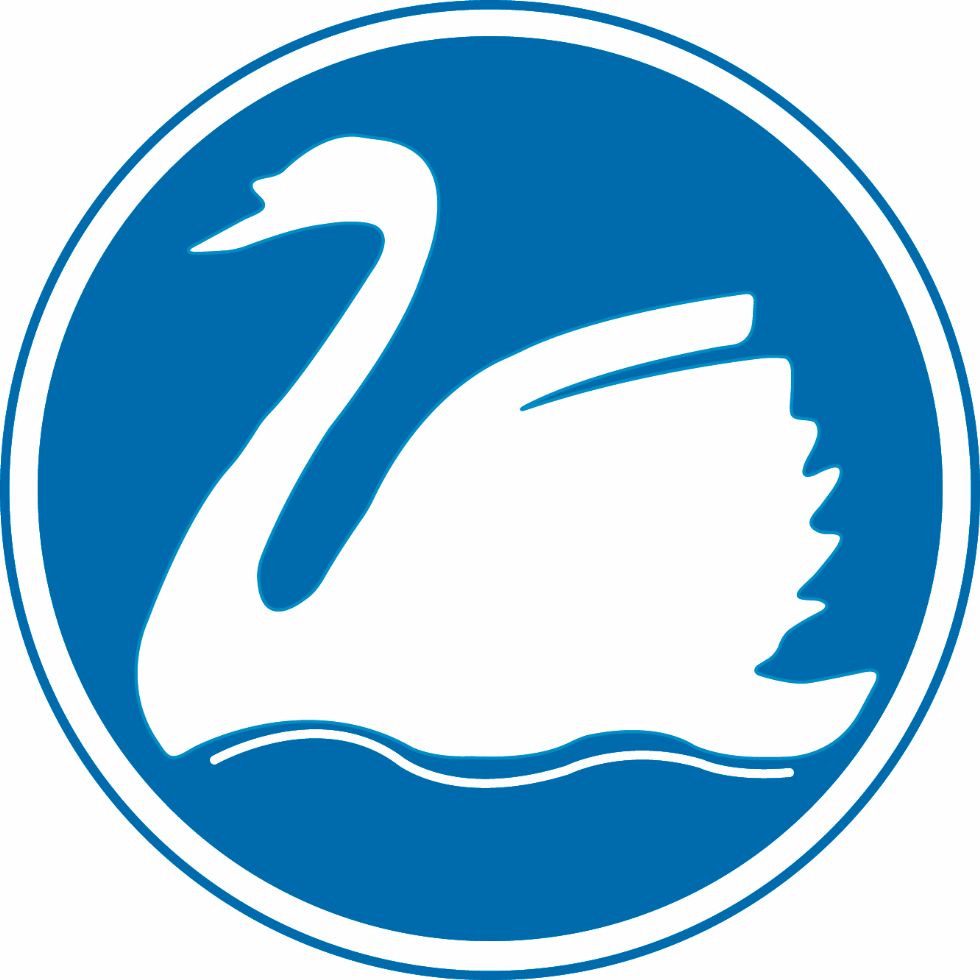Literacy
Every aspect of the children's work is influenced by the extent to which they use language with imagination and accuracy. Competence in reading, writing, speaking and listening is encouraged throughout the curriculum in order to enable the children to communicate appropriately and effectively. However, we teach English daily as a discrete subject in Literacy from Year 1 to Year 6 following the Primary Literacy Framework, with opportunities for Literacy in the Foundation Stage being incorporated within the child’s day according to principles of the Early Years Foundation Stage (EYFS).
Reading
Our main aim is to help children become independent fluent readers, who read for enjoyment and interest and who appreciate and understand the value of books.
Reading is taught initially using a phonics programme called ‘Read, Write Inc.’; this is a dynamic synthetic phonics programme using pure sounds before moving onto our reading scheme. The programme is introduced in the Reception classes and consolidated throughout Key Stage 1. Opportunities are also given during Key Stage 2 using the Read, Write Inc. approach for further consolidation of phonics and some specific intervention programmes.
We provide a wide range of reading materials that incorporate both structured schemes (Oxford Reading Tree) and stories by a variety of authors to:
- Foster language development
- Provide access to the heritage of our own and other cultures
- Reinforce and extend the child’s understanding of his/her environment, whilst providing a base of security from which to explore.
We encourage parental involvement in a child’s reading and provide each child with a home/School Reading Diary as a means of communication with parents and as a record of on-going progress.
Writing (Handwriting and Spelling)
We value and encourage attempts at writing by the children from the earliest mark making in Year R to the most sophisticated levels of story writing produced by our oldest children. In Key Stage 1 we concentrate on helping the children develop good sentence structure and interesting storylines, encouraging them to use phonic strategies to spell words independently.
Cursive handwriting is taught from Year 1, and by the end of Year 2 we expect most children to be developing a flowing, well-formed style. Formal spelling routines begin in Year 3 when the children follow an individual daily spelling programme based on the 'Look, Cover, Write and Check' approach.
Speaking and listening
Since Language, both written and spoken, is the main vehicle for learning across the whole curriculum, we aim to give children the confidence to express themselves clearly and competently. We encourage the children to put forward their own ideas but also to listen and to have respect for the views of others.
Role play and drama, which extend and enrich vocabulary in all subject areas, are used to provide active learning experiences for the children to develop empathy and to further their understanding.
